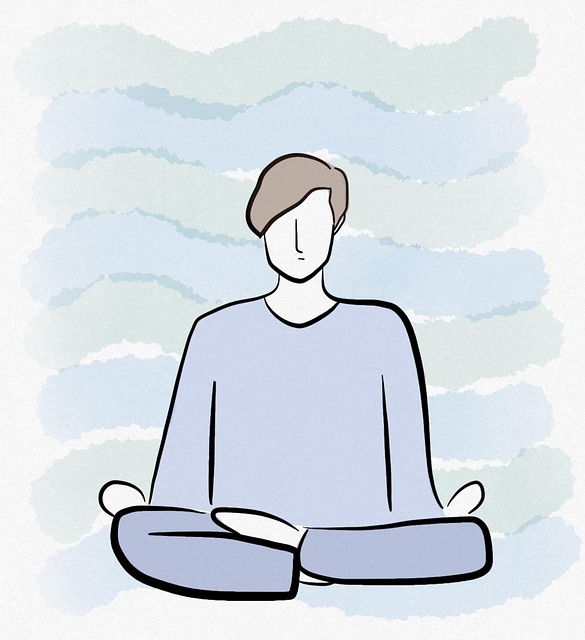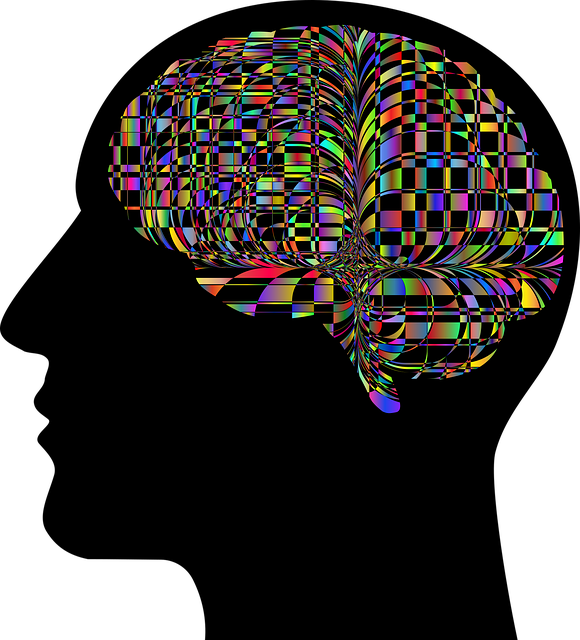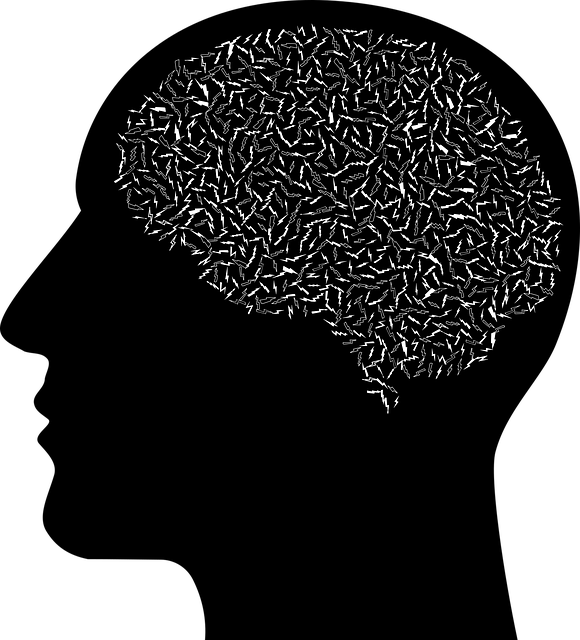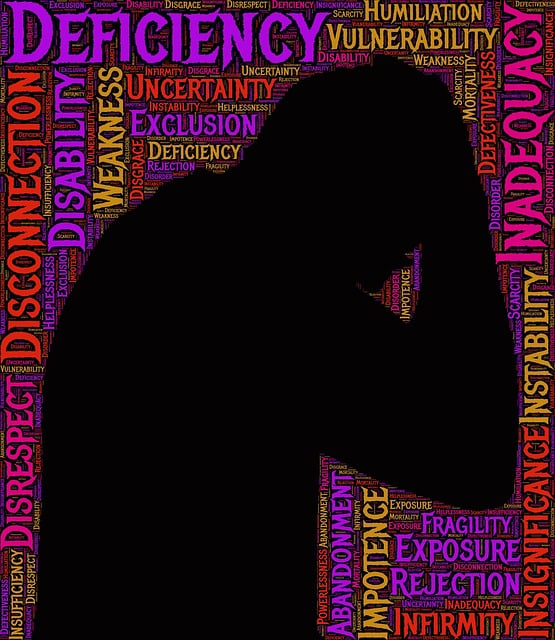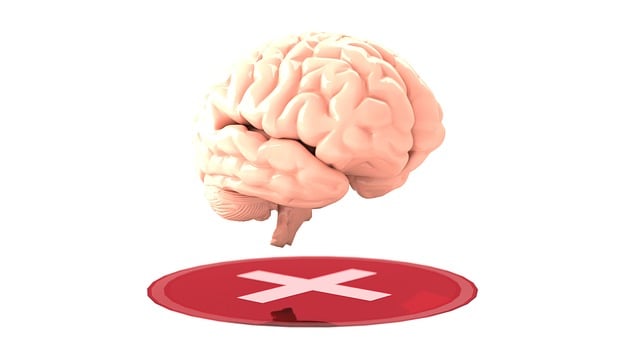Mental wellness apps are gaining popularity as accessible counseling tools, catering to adolescents and couples seeking support for issues like anxiety and relationship challenges. These apps offer personalized care, crisis intervention guidance, and various features such as mood tracking, meditation, and live therapist sessions, all aimed at improving mental health discreetly. Tailored for specific demographics, they provide cognitive-behavioral techniques and group therapy sessions, normalizing therapy and reducing stigma. With user-friendly interfaces, ethical considerations, and diverse content, these digital platforms revolutionize access to care, making psychological well-being more accessible to a broad spectrum of users.
In today’s fast-paced world, mental wellness app development has emerged as a game-changer in accessing therapy. With a focus on teens, couples, and adolescents, these applications offer convenient counseling solutions. Understanding the growing need for accessible mental health services, this article explores the key features, development process, and ethical considerations of therapy apps. Discover how digital platforms can provide tailored support for diverse user groups, bridging the gap between traditional counseling and modern technology, with a special emphasis on therapy for adolescent teens and couples’ counseling.
- Understanding the Need for Mental Wellness Apps
- Target Audiences: Teens, Couples, and Adolescents
- Features and Functionality of Therapy Apps
- Development Process and Ethical Considerations
Understanding the Need for Mental Wellness Apps

In today’s fast-paced world, mental wellness is a critical aspect often overlooked amidst the hustle and bustle of daily life. The demand for accessible and convenient support has never been higher, especially among adolescents and couples seeking counseling. Traditional therapy sessions can be limiting, given time constraints and geographical barriers. This is where mental wellness apps step in as revolutionary tools, offering crisis intervention guidance and personalized care at users’ fingertips.
These applications cater to a diverse range of needs, from fostering inner strength development to teaching mind over matter principles. By providing digital spaces for therapy and counseling, they ensure individuals, particularly those facing common issues like anxiety or relationship challenges, can access professional help discreetly and effectively. With the right app, users can expect tailored resources, interactive tools, and even live sessions with therapists, all designed to improve overall mental health and well-being.
Target Audiences: Teens, Couples, and Adolescents

The target audiences for mental wellness apps are diverse and multifaceted, each presenting unique challenges and needs in terms of psychological support. One significant segment is adolescents and teens who are navigating the complexities of growing up, peer pressure, academic demands, and often, their first experiences with mental health struggles. These individuals benefit from apps that offer accessible and engaging therapy options, such as cognitive-behavioral techniques to manage stress and anxiety, or tools for tracking moods and behaviors to foster self-awareness.
Another key audience is couples seeking counseling services. Relationships can be complex, and modern life’s demands often lead to communication breakdowns and emotional distance. App-based couple’s therapy provides a convenient and discreet way to reconnect and address issues like conflict resolution, intimacy concerns, or simply the need for enhanced emotional support within their partnership. Features such as joint session tracking, private messaging, and interactive exercises can boost confidence in their relationship while also facilitating open dialogue and fostering better understanding. Additionally, these apps contribute to mental illness stigma reduction efforts by normalizing therapy as a collaborative practice, available to anyone seeking to strengthen their bond.
Features and Functionality of Therapy Apps

Modern mental wellness apps offer a diverse range of features catering to various therapeutic needs. These applications provide accessible and convenient support for individuals seeking therapy, particularly in the realms of adolescent teen and couples counseling. Many apps incorporate interactive tools such as mood trackers, journaling prompts, and personalized meditation sessions tailored to individual users’ specific challenges. Some even integrate live chat or video conferencing capabilities for real-time sessions with licensed therapists.
Beyond one-on-one counseling, these digital platforms facilitate group therapy sessions focusing on topics like stress management workshops and burnout prevention strategies for healthcare providers. Incorporating mindfulness meditation exercises helps users cultivate a sense of inner calm and resilience. By seamlessly blending technology with therapeutic practices, mental wellness apps are revolutionizing access to care, making it easier for people to prioritize their psychological well-being.
Development Process and Ethical Considerations

The development process for a mental wellness app begins with identifying specific needs and goals, whether it’s catering to therapy for adolescent teens, couples counseling, or encompassing a wide range of emotional healing processes. This phase involves extensive research to understand current market offerings and gap areas where innovative solutions can make a significant impact. Next, designing an intuitive user interface is crucial to ensure accessibility and engagement, especially for users who may be experiencing anxiety or stress. Incorporating features such as personalized therapy plans, mindfulness exercises, and secure messaging platforms are key elements that set these apps apart.
Ethical considerations play a pivotal role in mental wellness app development. Developers must prioritize data privacy and security to protect sensitive user information, adhering to regulations like HIPAA (Health Insurance Portability and Accountability Act). Furthermore, promoting cultural competency through diverse content and ensuring the app is inclusive for all users, regardless of background or identity, is essential. This includes featuring therapists with various specializations and cultural backgrounds to cater to a broader spectrum of needs, reflecting the importance of Healthcare Provider Cultural Competency Training in modern mental health support.
Mental wellness apps are transforming access to therapy, offering accessible and personalized support for teens, couples, and adolescents. By leveraging technology, these applications provide a discreet and convenient alternative to traditional counseling, empowering users with tools to manage stress, anxiety, and other mental health challenges. As the demand for digital mental health solutions continues to grow, developers must prioritize ethical considerations, ensuring data privacy and effective, evidence-based features tailored to diverse user needs, including therapy for adolescent teens and couples counseling.

